-

Restoring shellfish habitats in estuaries
Research ProjectChanges to the local environment and over harvesting have damaged shellfish populations in many estuaries. These projects examine the most effective way to restore these habitats and allow healthy populations of shellfish to return. -
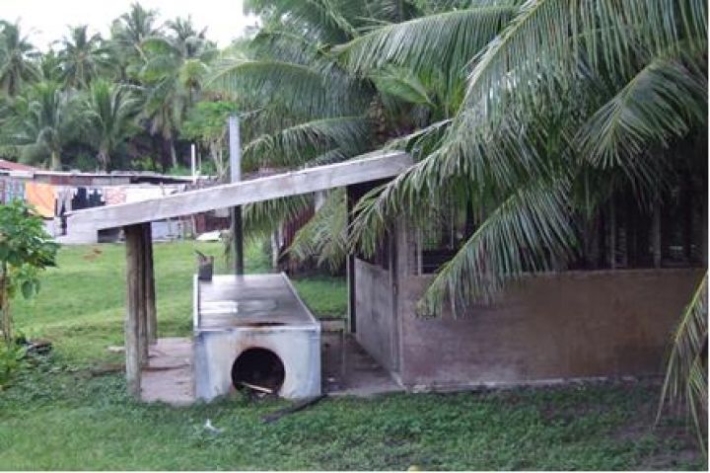
Energy assessment for Totoya Island, Fiji
Research ProjectNIWA worked with the community on the island of Totoya, in the Yasayasa Moala Island group in south-east Fiji to assess their energy security and energy related socio-economic opportunities. -
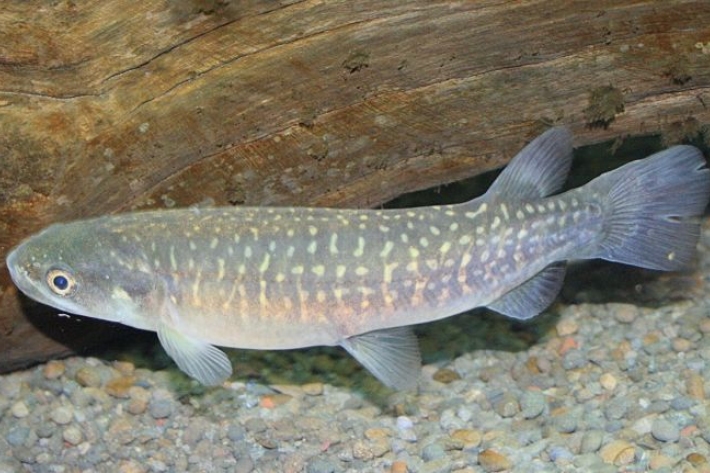
Reintroducing giant kōkopu to Nukumea Stream
Research ProjectThe giant kōkopu is a native whitebait species considered rare and vulnerable. NIWA is working with Mahurangi Technical Institute and environmental consultancy Boffa Miskell to test the feasibility of reintroducing giant kōkopu to Nukumea Stream, north of Auckland. -
Restoration of seagrass beds in Whangarei Harbour
Research ProjectSeagrass beds form an important undersea habitat for small fish, seahorses and shellfish in New Zealand. -
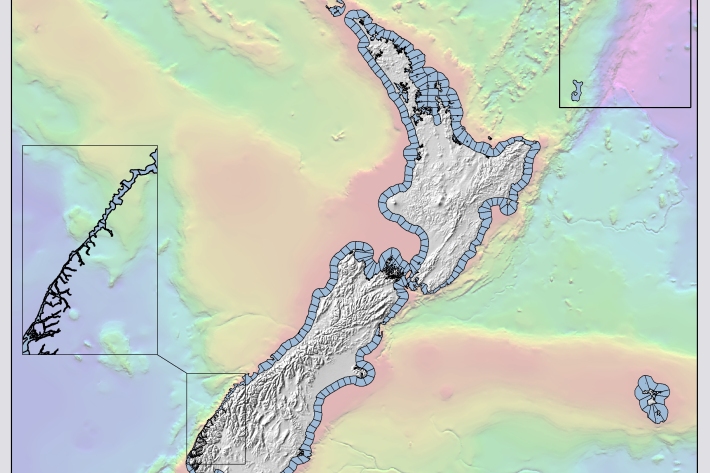
Valuing New Zealand's marine environment
Research ProjectThis unique project is the first systematic attempt to quantify and map environmental values of New Zealand's coastal marine ecosystem. -
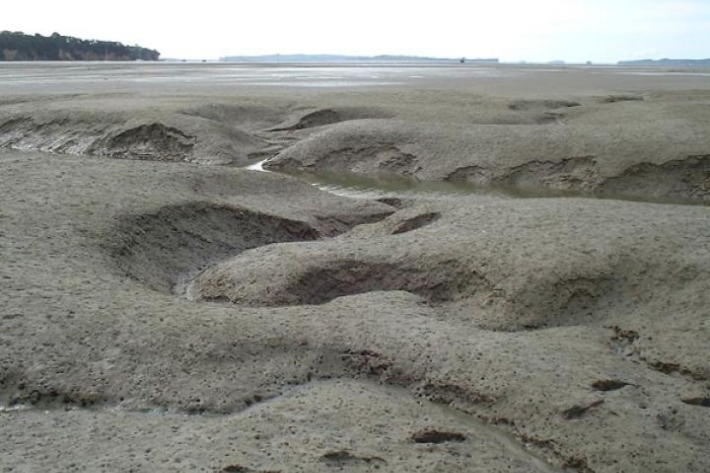
Predicting long-term sedimentation and heavy metal accumulation in estuaries
Research ProjectNIWA has developed an Urban Stormwater Contaminant (USC) model to enable urban planners to predict sedimentation and heavy metal accumulation in estuaries and identify problem areas in order to target mitigation measures. -

Effects of ocean acidification on plankton in New Zealand waters
Research ProjectOur oceans are expected to become more acidic as carbon dioxide concentrations rise. This will likely have impacts on the plankton, which play a major role in ocean ecosystems and processes. -

Contamination early-warning system for commercial shellfish harvest
Research ProjectContamination of shellfish by faecal microbes is a health hazard to the consumer and so is of particular concern to the commercial producer. -
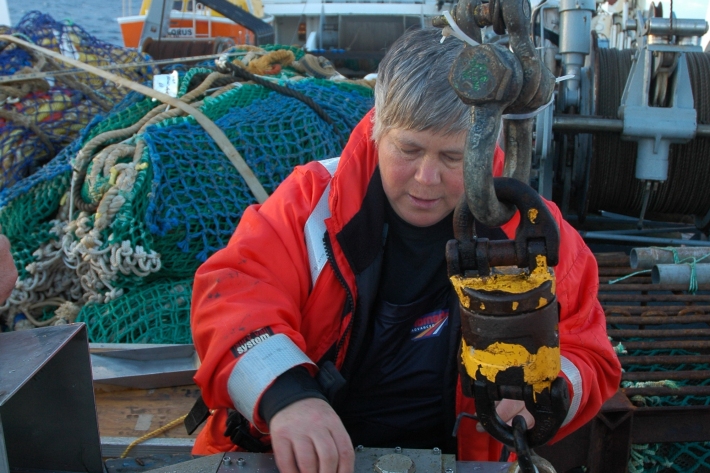
Plankton biodiversity in the Southern Ocean
Research ProjectNIWA is conducting a five–year study to map changes in the distribution of plankton species in surface waters between New Zealand and the Ross Sea. -
Predicting long-term contaminant accumulation in the central Waitemata and southeastern Manukau Harbours
Research ProjectThis project was undertaken for Auckland Regional Council to identify significant sources of contaminants in the central Waitemata and southeastern Manukau Harbours. -

Tidal energy optimisation
Research ProjectUnderstanding the complexity of tidal resources in New Zealand’s coastal waters and examining how extracting tidal energy would influence and be influenced by this variability. -

Bio-oil from wastewater algae
Research ProjectThis project will demonstrate the commercial feasibility of producing bio-oil by the conversion of algae biomass that has been grown in wastewater treatment facilities. In particular we aim to maximise algae production in High Rate Algal Ponds (HRAP) by adding carbon dioxide, and demonstrate energy efficient conversion of algal biomass to bio-oil.


